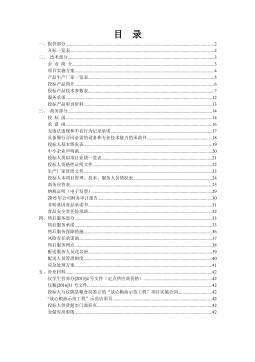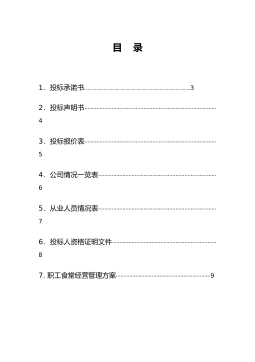税收与居民消费行为关系的规律研究
摘要长期以来,我国的经济增长主要依靠投资、出口拉动,作为“三驾马车”之一的消费并未充分发挥促进经济增长的潜力。“十二五”时期,是全面建设小康社会的关键时期,是深化改革、加快经济发展方式转变的攻坚时期,扩大内需成为未来经济发展的重大战略,充分发挥消费的拉动潜力,经济的增长要依靠消费、投资、出口三者的协调拉动,才能保持经济的平稳较快增长。在“保增长、扩内需、调结构”的经济方针下,居民消费对扩大内需发挥着重要作用。税收政策作为政府宏观调控的重要手段,因此,如何利用税收有效的刺激居民消费成为当前宏观调控的重点。本课题的研究重点是税收对我国居民消费行为的影响。本文在我国税收现状和居民消费需求现状的背景下...
相关推荐
-
10KV电网D-SCADA 系统信息采集与故障诊断研究与设计VIP免费
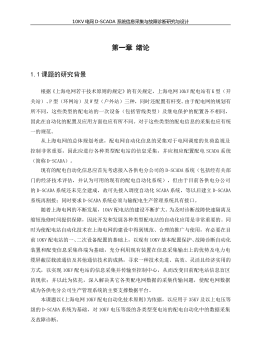
 2024-10-14 26
2024-10-14 26 -
方形吸顶散流器平送风等温射流特性研究VIP免费
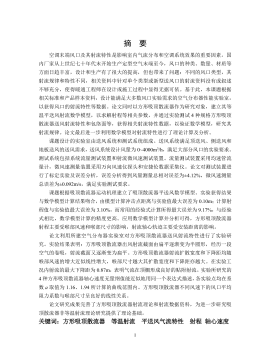
 2025-01-09 7
2025-01-09 7 -
关于充液声导波传感器中频散兰姆波的研究VIP免费
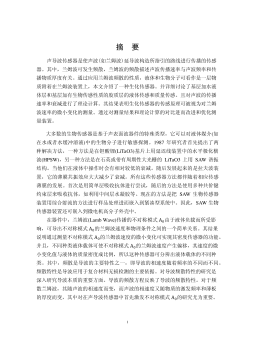
 2025-01-09 10
2025-01-09 10 -
结合梁斜拉桥施工过程中考虑剪力滞影响的分析方法VIP免费

 2025-01-09 6
2025-01-09 6 -
空调房间热舒适性的数值模拟与实验研究VIP免费
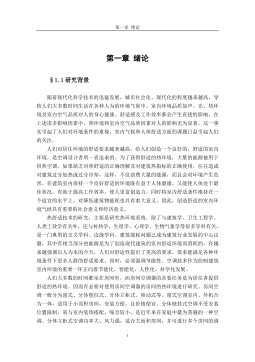
 2025-01-09 7
2025-01-09 7 -
汽车前轮线控转向系统研究VIP免费
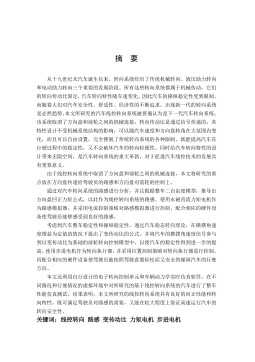
 2025-01-09 8
2025-01-09 8 -
输入分配型混合动力车辆动力系统控制策略研究VIP免费
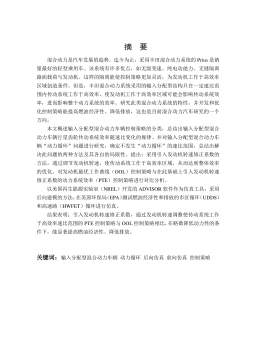
 2025-01-09 7
2025-01-09 7 -
双馈风力发电系统的柔性并网控制研VIP免费
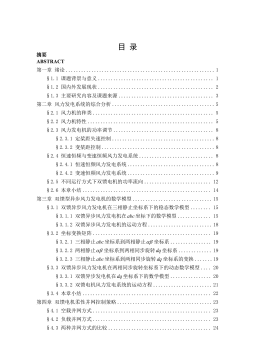
 2025-01-09 10
2025-01-09 10 -
污水处理厂污泥好氧堆肥发酵技术的试验研究VIP免费
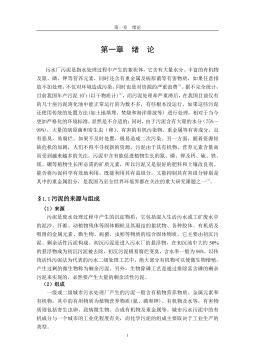
 2025-01-09 7
2025-01-09 7 -
应用风室试验装置的风机性能VIP免费
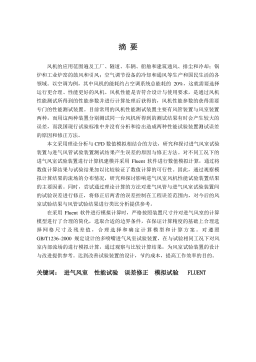
 2025-01-09 8
2025-01-09 8
相关内容
-

汽车前轮线控转向系统研究
分类:高等教育资料
时间:2025-01-09
标签:无
格式:PDF
价格:15 积分
-

输入分配型混合动力车辆动力系统控制策略研究
分类:高等教育资料
时间:2025-01-09
标签:无
格式:PDF
价格:15 积分
-

双馈风力发电系统的柔性并网控制研
分类:高等教育资料
时间:2025-01-09
标签:无
格式:PDF
价格:15 积分
-

污水处理厂污泥好氧堆肥发酵技术的试验研究
分类:高等教育资料
时间:2025-01-09
标签:无
格式:PDF
价格:15 积分
-

应用风室试验装置的风机性能
分类:高等教育资料
时间:2025-01-09
标签:无
格式:PDF
价格:15 积分


